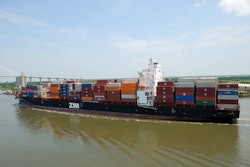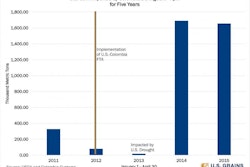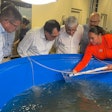
The U.S. Grains Council (USGC), Growth Energy, and the Renewable Fuels Association expressed disappointment with the news that the Brazilian government amended the recent August 31st rule that raised the quota on U.S. ethanol imports under the tariff rate quote (TRQ) from 600 million liters per year to nearly 750 million liters per year.
The TRQ regulates the threshold of ethanol that can be imported into Brazil without triggering a 20% tariff.
According to a report at Reuters, in August, Brazil had renewed and increased the size of its tariff-free quota for ethanol imports, but the new allotment was only going to last one year instead of the two years allocated to the former quota that expired in August.
The Brazilian government was going to allow tariff-free ethanol imports up to a limit of 750 million liters (198 million gallons) per year, compared to the former quota of 600 million liters annually. Imports beyond the quota were subject to a 20% import tariff.
Raising the quota was seen mainly benefiting the United States, the world’s largest ethanol producer and essentially the lone exporter of the biofuel to Brazil.
According to Growth Energy, USGC, and Renewable Fuels Association, this is a step backwards in Brazilian government claims that it is an advocate of free markets.
“The decision by Brazil to place seasonal restrictions on its tariff rate quota for U.S. ethanol is disappointing and puts up additional roadblocks to free trade, hurting consumers and our respective ethanol industries," the groups said in a joint statement. “For more than 15 years, Brazilian ethanol industry leaders lobbied the U.S. government to drop the tax on imported ethanol.
"The U.S. took the high road and eliminated its ethanol tariff," the statement continued. "The action by Brazil this week to impose seasonal restrictions on the sale of ethanol does not create a case study in leading by example, but rather the opposite -- it is up-ending real opportunities for free trade.”

















